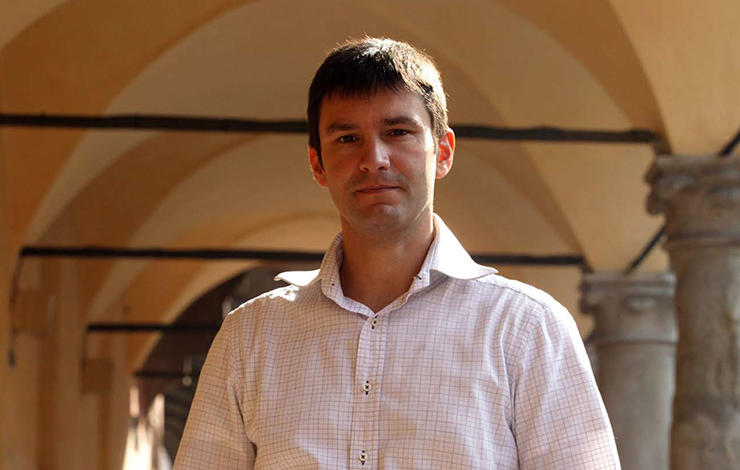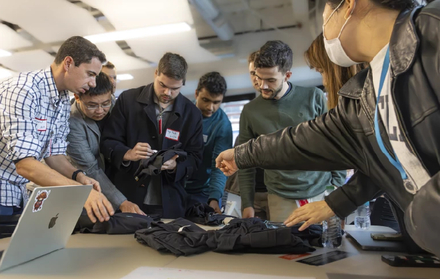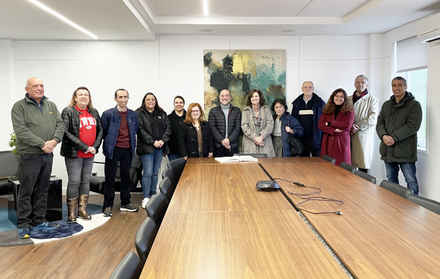22-02-2017

No âmbito do 40.º Aniversário de Química da NOVA, dia 29 de Março às 14H00, o Professor Alberto Credi, da Universidade de Bolonha, proferirá uma palestra dedicada às "Máquinas Moleculares", área onde foi atribuído o Prémio Nobel da Química em 2016.
Alberto Credi está entre os 20 químicos mais citados em Itália, é autor de 3 livros, mais de 260 artigos, 48 dos quais em co-autoria com J. Fraser Stoddart, um dos recipientes do referido Prémio Nobel.
Partindo de exemplos de moléculas existentes na natureza que funcionam como verdadeiras máquinas à escala nanométrica, serão apresentados os princípios de design de máquinas e motores moleculares, descrevendo a construção e funcionamento de supramoléculas que se movem como elevadores e transportadores (shuttles) utilizando a luz como fonte de energia.
A sessão comemorativa terá lugar no Grande Auditório da FCT NOVA e será aberta ao público.
Biography
Alberto Credi is professor of chemistry at the Department of the Agricultural and Food Science of the University of Bologna and associate research director at the ISOF-CNR institute. He performs research in the areas of supramolecular chemistry and photochemistry, materials science and nano science. His interests are focused on the development of molecular systems and materials controlled by light; in particular, his contribution to the realization of logic devices, machines and motors of nanometer size is internationally recognized. He is involved in several research projects and he collaborates with laboratories and institutes in Italy and abroad. He has authored three books and over 260 scientific publications, with a number of citations exceeding 19000 and a Hirsch index of 62. He received several prestigious awards, including an ERC Advanced Grant, and he has been invited to speak at more than 100 national and international conferences. He is Fellow of the Royal Society of Chemistry and president of the Italian Photochemistry Association. Since the beginning of his career he is engaged in the popularization of chemistry disciplines and scientific culture in general.
Mais informações:






















